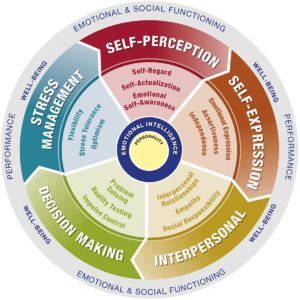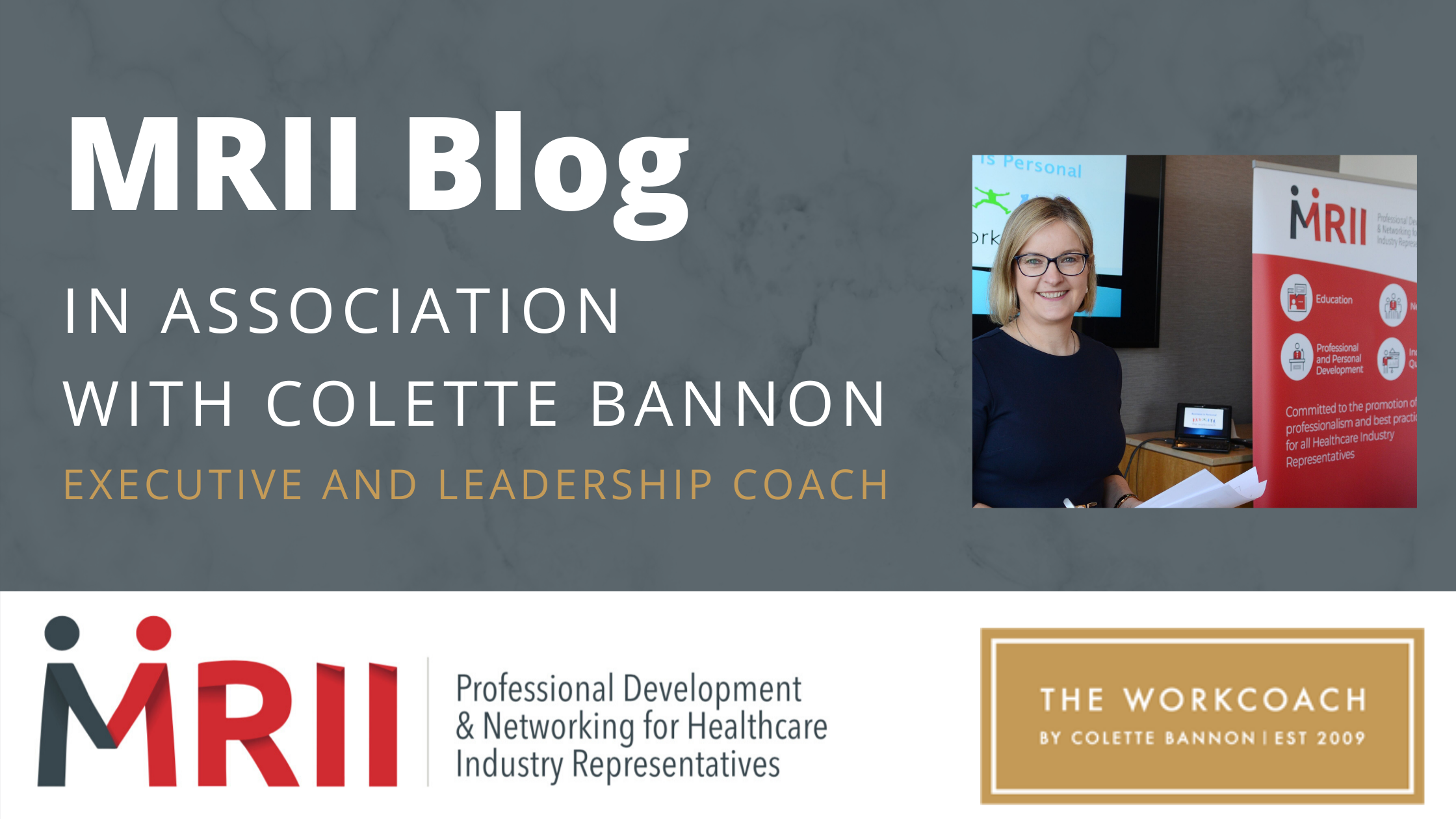Research indicates that a high level of emotional intelligence (EI) is important for personal and professional effectiveness, is linked to job satisfaction and is valued by employers.
Self-awareness, an emotional intelligence skill, is fundamental for performance improvements in other emotional intelligence skills including; decision-making; win-win client relationships; problem solving; stress tolerance; empathy, adaptability, optimism as well as social consciousness and managing change. Ruven Bar-On (2002) the founder of EI, defined emotional intelligence as a set of social and emotional skills and non-cognitive capabilities that influence an individual’s ability to be successful in coping with environmental pressures and demands.
Being self-aware supports healthy emotional functioning and plays an important role in unlocking the situations and events that get in the way of our happiness and success at work and improve our career prospects.
Developing our self-awareness starts with examining how we respond to what is happening in our external environment i.e. what emotions show up. This includes how we: 
• show up at work,
• respond to our customers and their expectations,
• respond to targets and deadlines,
• listen before we respond,
• respond to guidance and instruction,
• respond to change and new ideas
• respond to bad weather, slow traffic etc.
Even if we perceive that we don’t have control over these situations, the important thing to note is our response to them when they happen. Our ability to mostly respond intelligently and appropriately to get a result requires self – awareness of what triggers and drives both our helpful and unhelpful responses. Knowing this can make us alert to how many of our responses are automatic and at times unhelpful, and provides us with the opportunity to consider an alternative response for a better outcome.
Equally gaining greater awareness of what works well allows us to play to our strengths as we respond to the various work challenges we face. This ensures that when things aren’t as we would like, we take control by regulating our responses and in doing so empower ourselves to keep on track with our goals at work and in life.
Another important aspect to all of this is giving space to ourselves. In the fast paced, online, busy world of box ticking and pivoting, finding space to reflect on our responses and the outcomes we get as a result, can be a challenge.
Albeit exciting living in the fast lane, scheduling time to reflect on the part we played when things went wrong will provide insights and learning on how to appropriately change tack when responding in the future. Examining for example how we deal with tricky conversations, closing sales and difficult exchanges might prompt us to behave in more intelligent ways that achieve better outcomes and in doing so develop and grow personally in the process.
To learn more on how to develop emotional Intelligence at work please contact Colette Bannon – Executive and Leadership Coach colette@workcoach.ie www.workcoach.ie Colette is certified in the use of the EQ-i 2.0/ EQ 360 assessment tool. This tool, founded by Ruven Bar-On is considered the gold standard for measurement of people’s emotional intelligence at work and identifies areas where leaders can improve their performance and the impact they make in work and in life.


